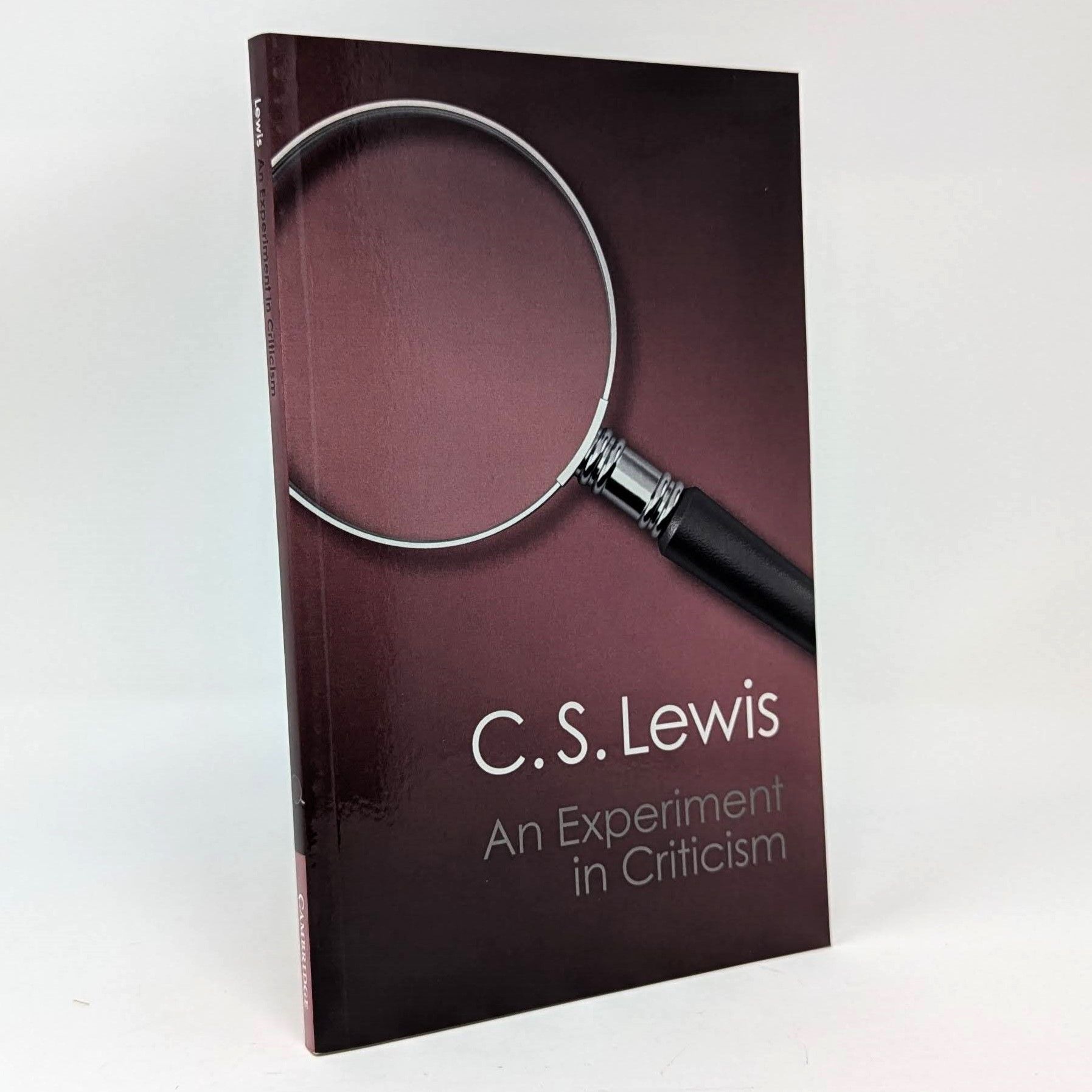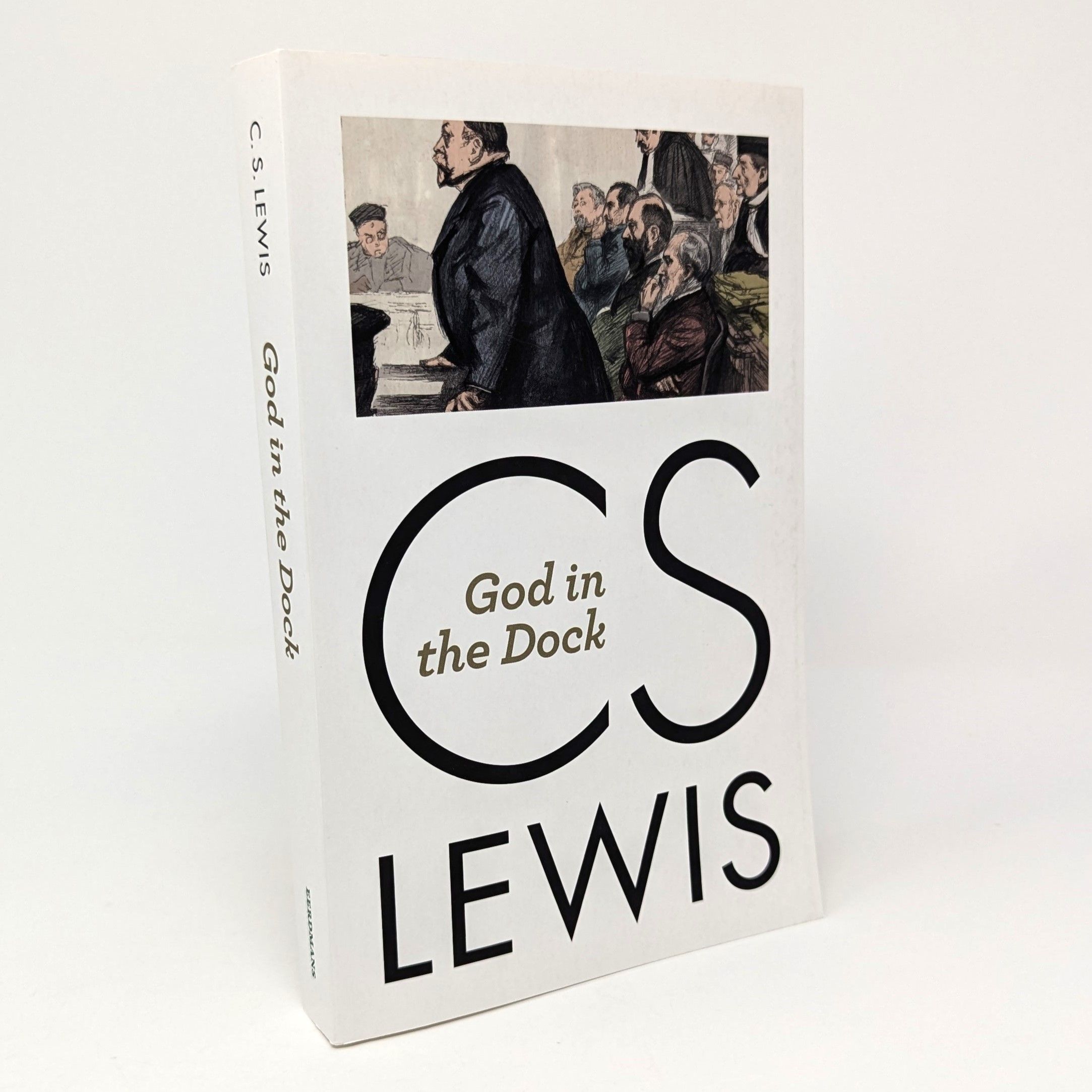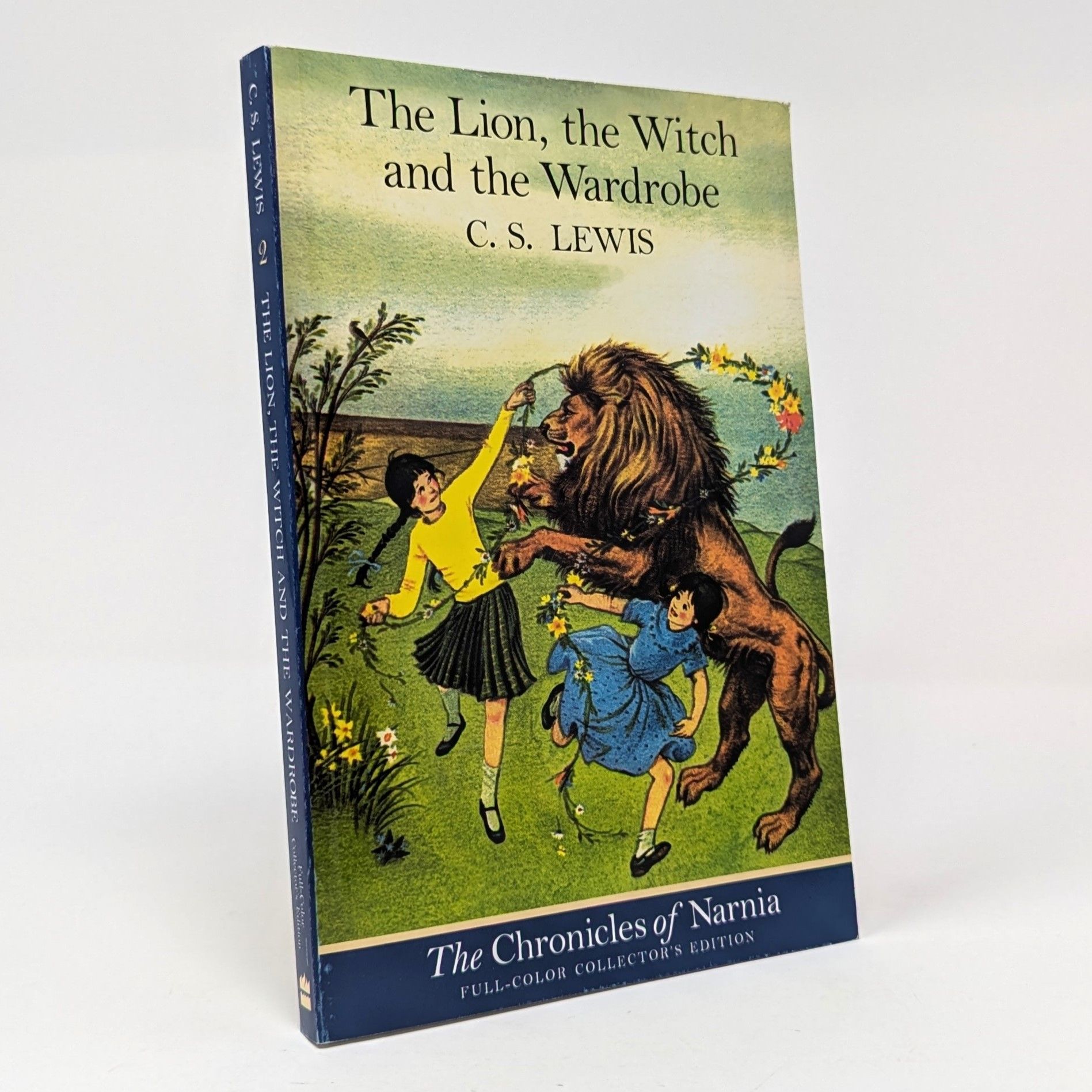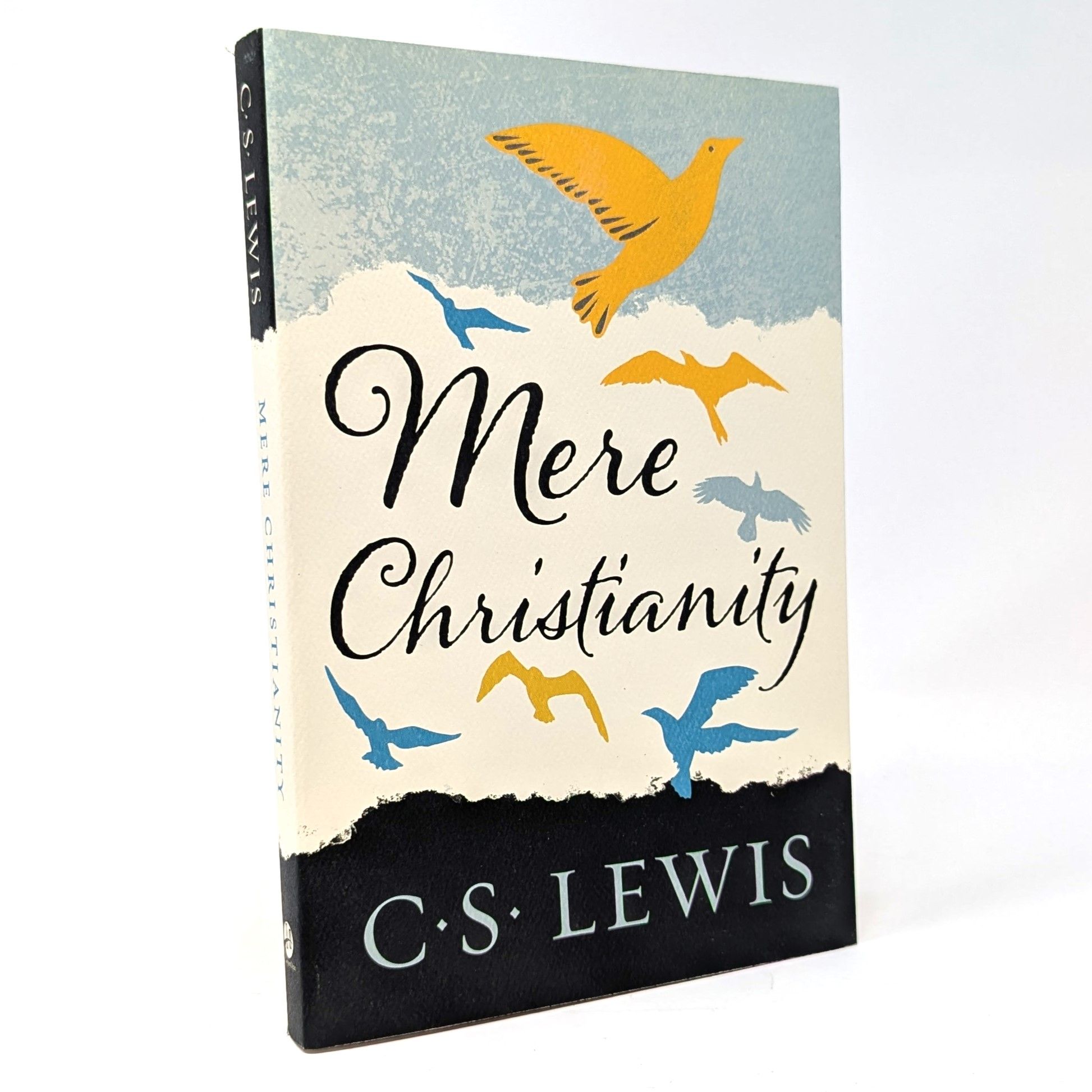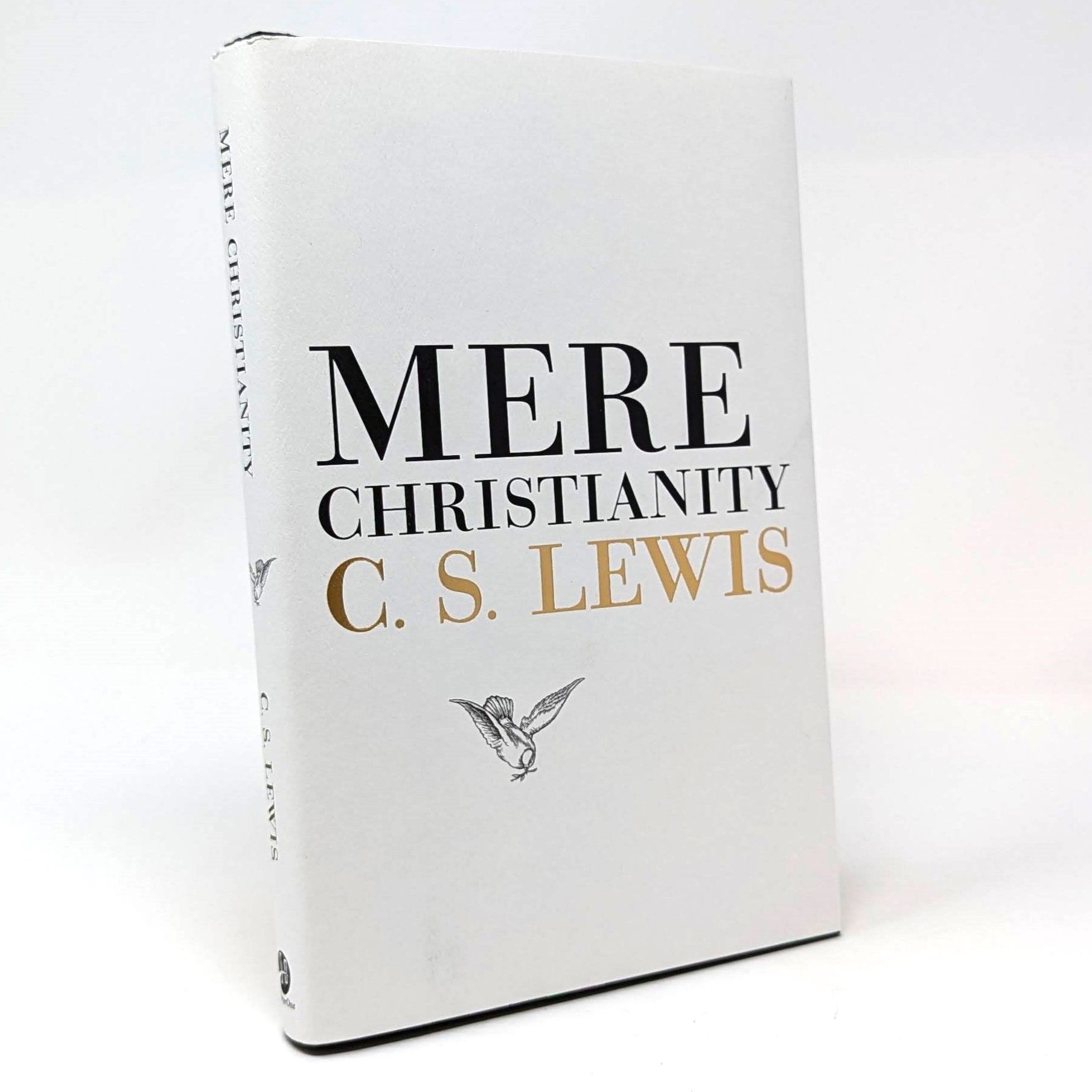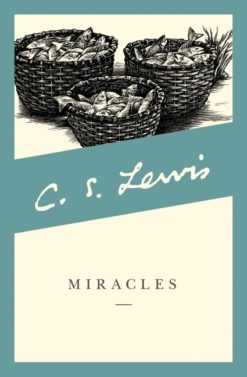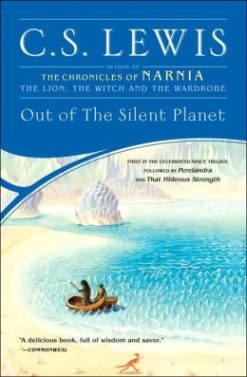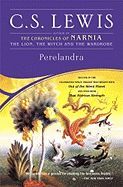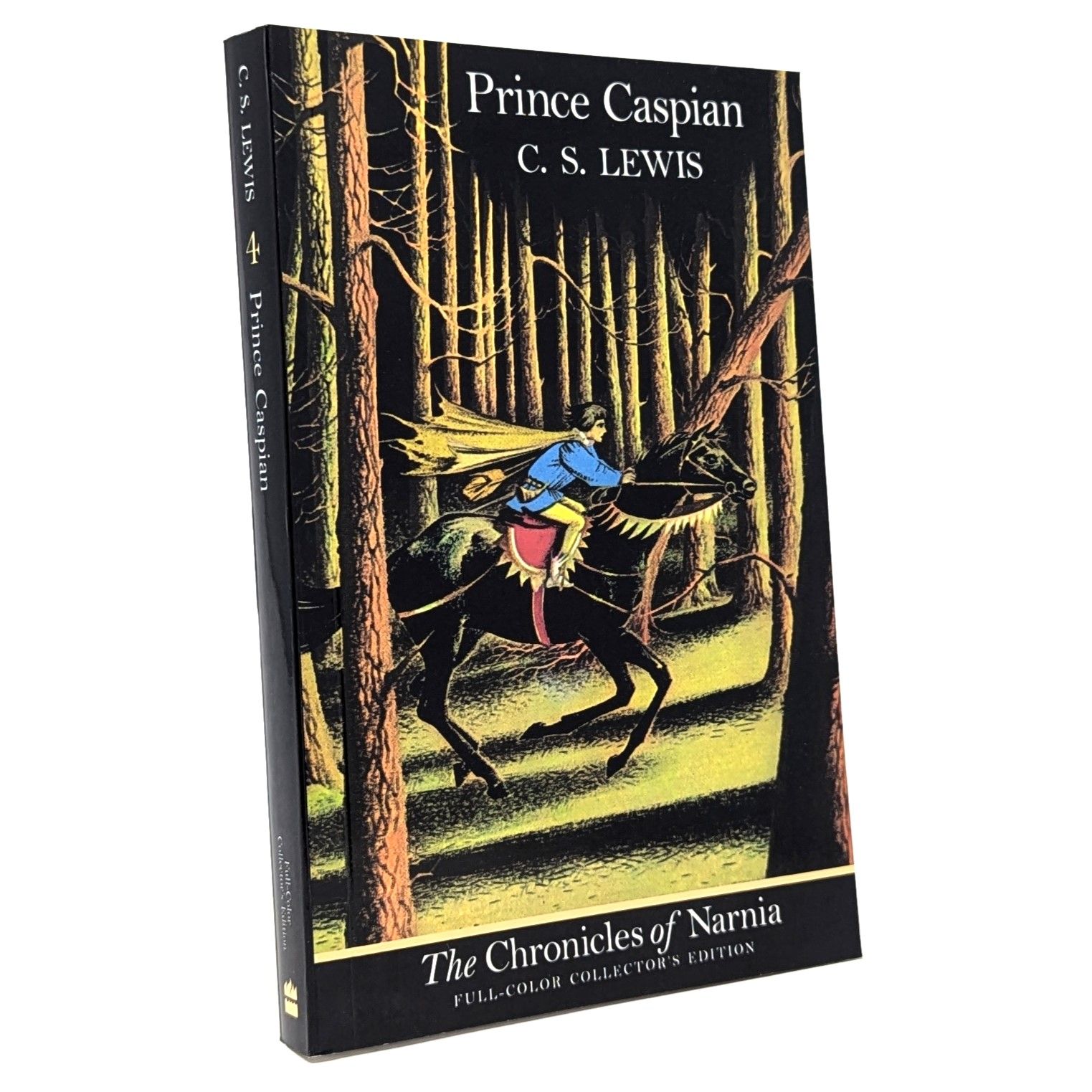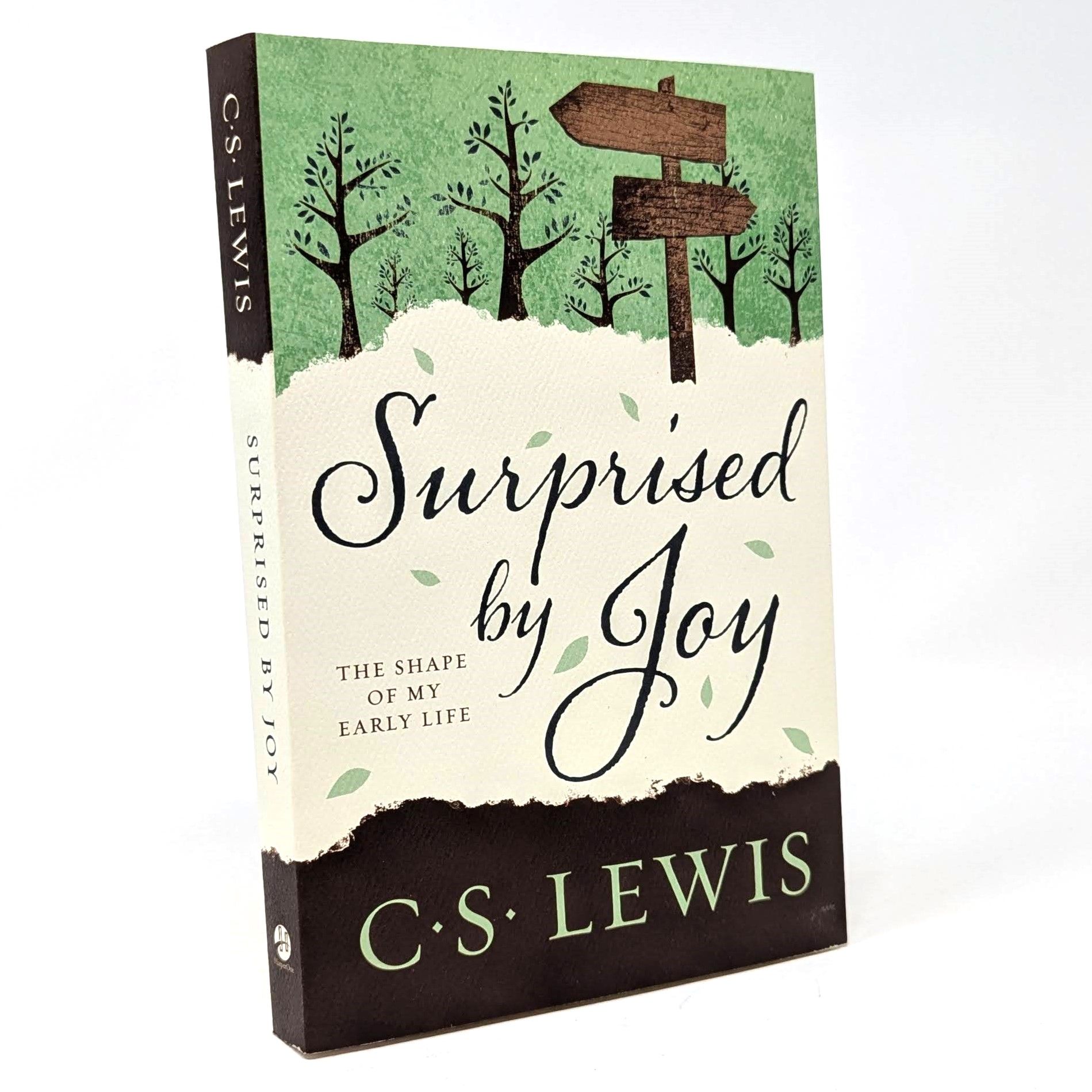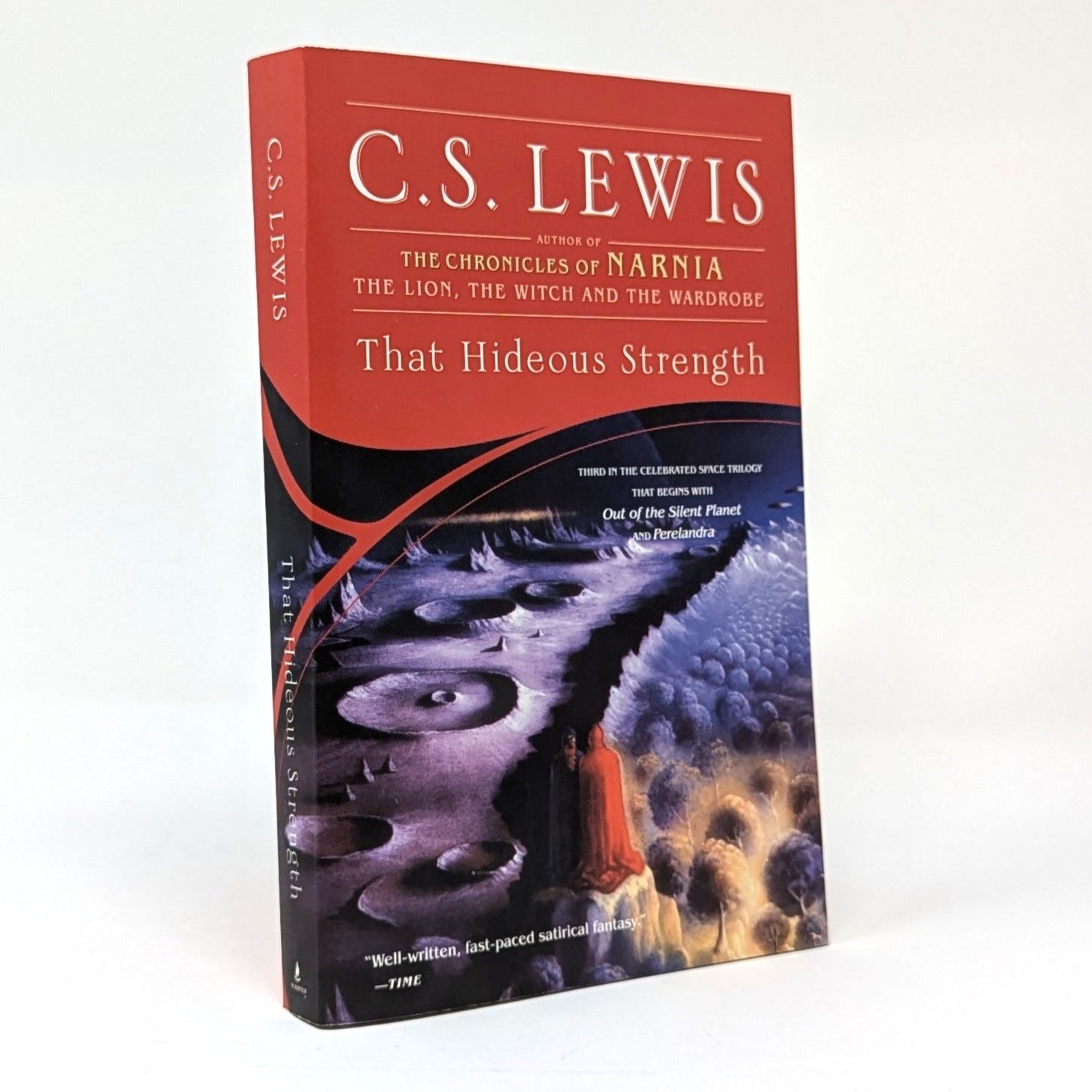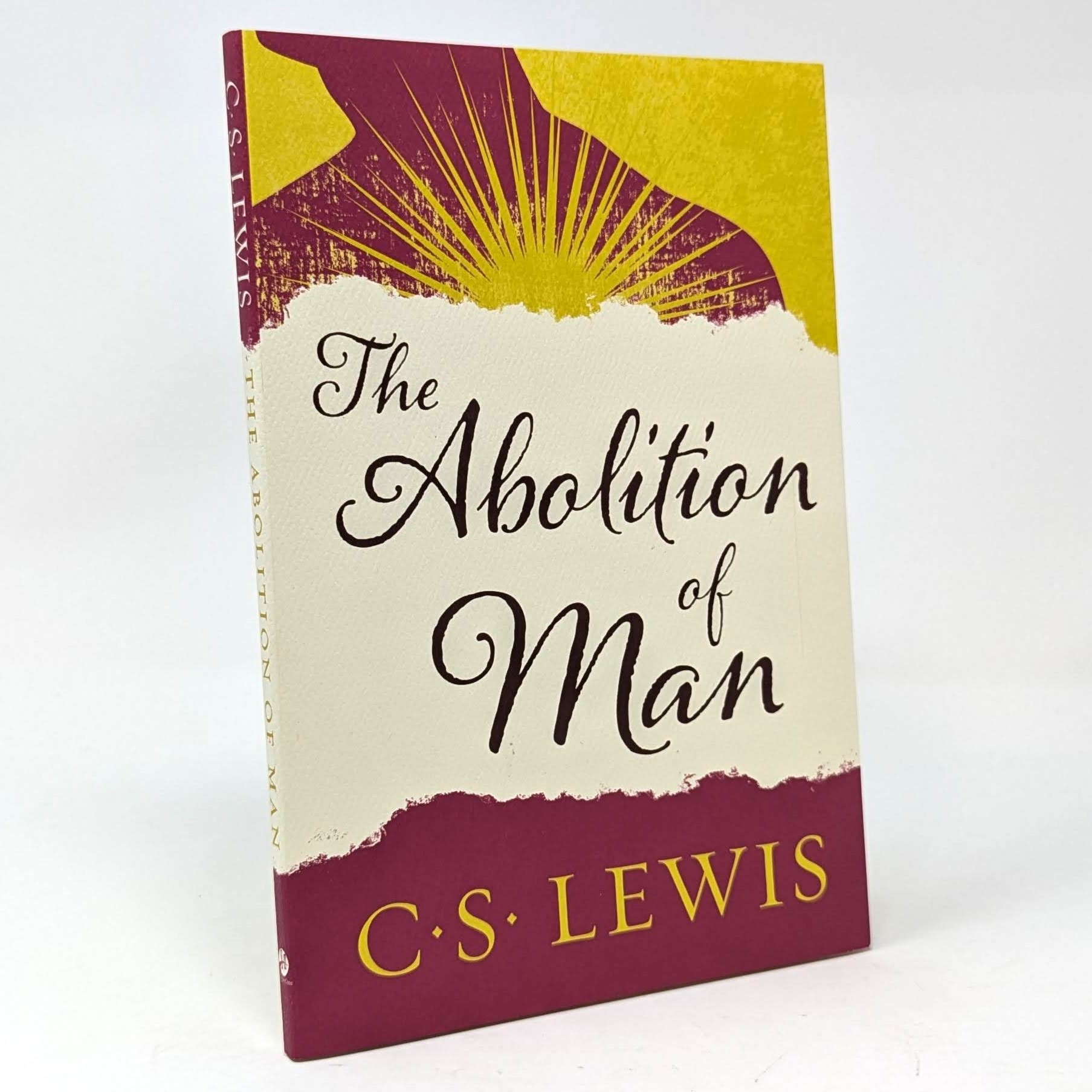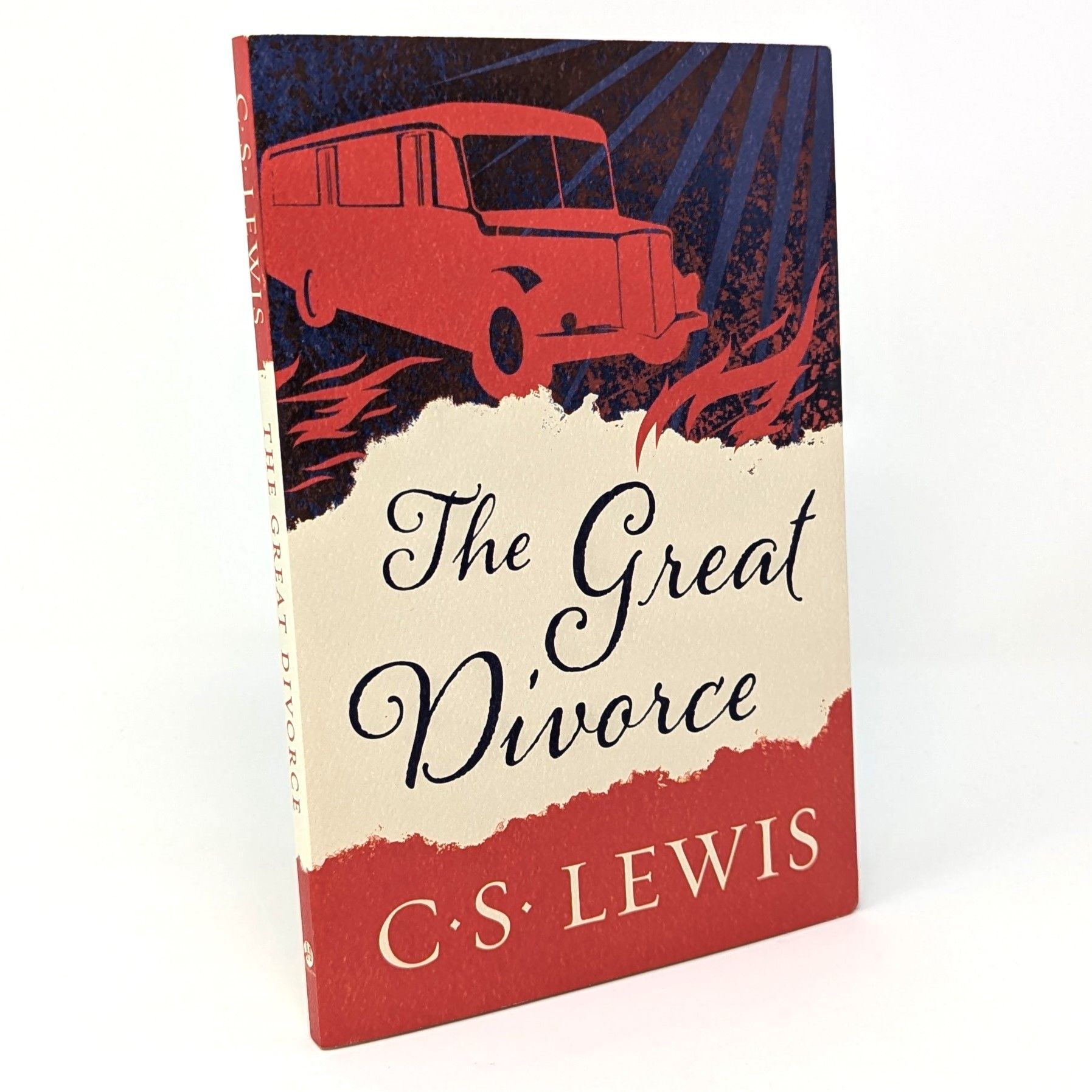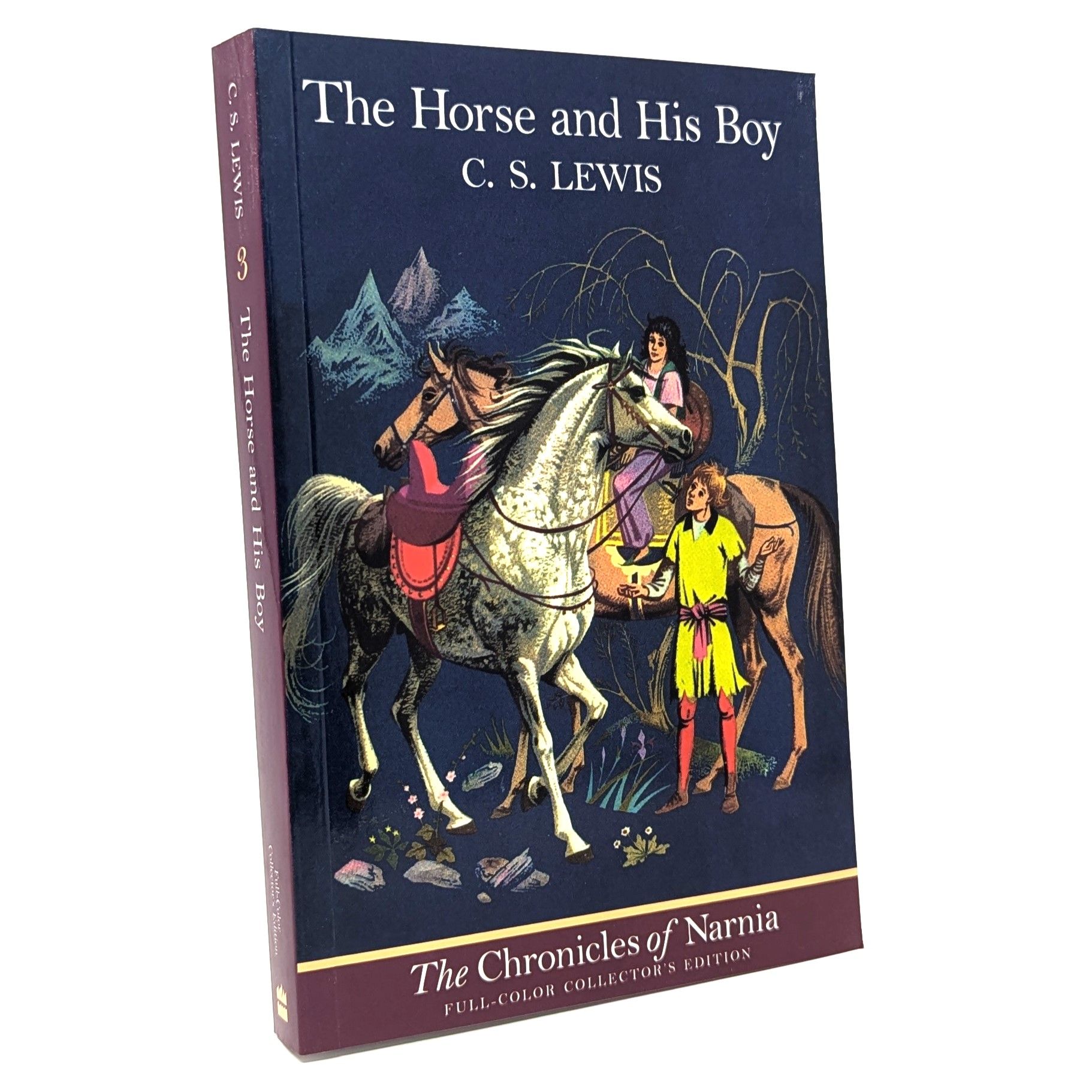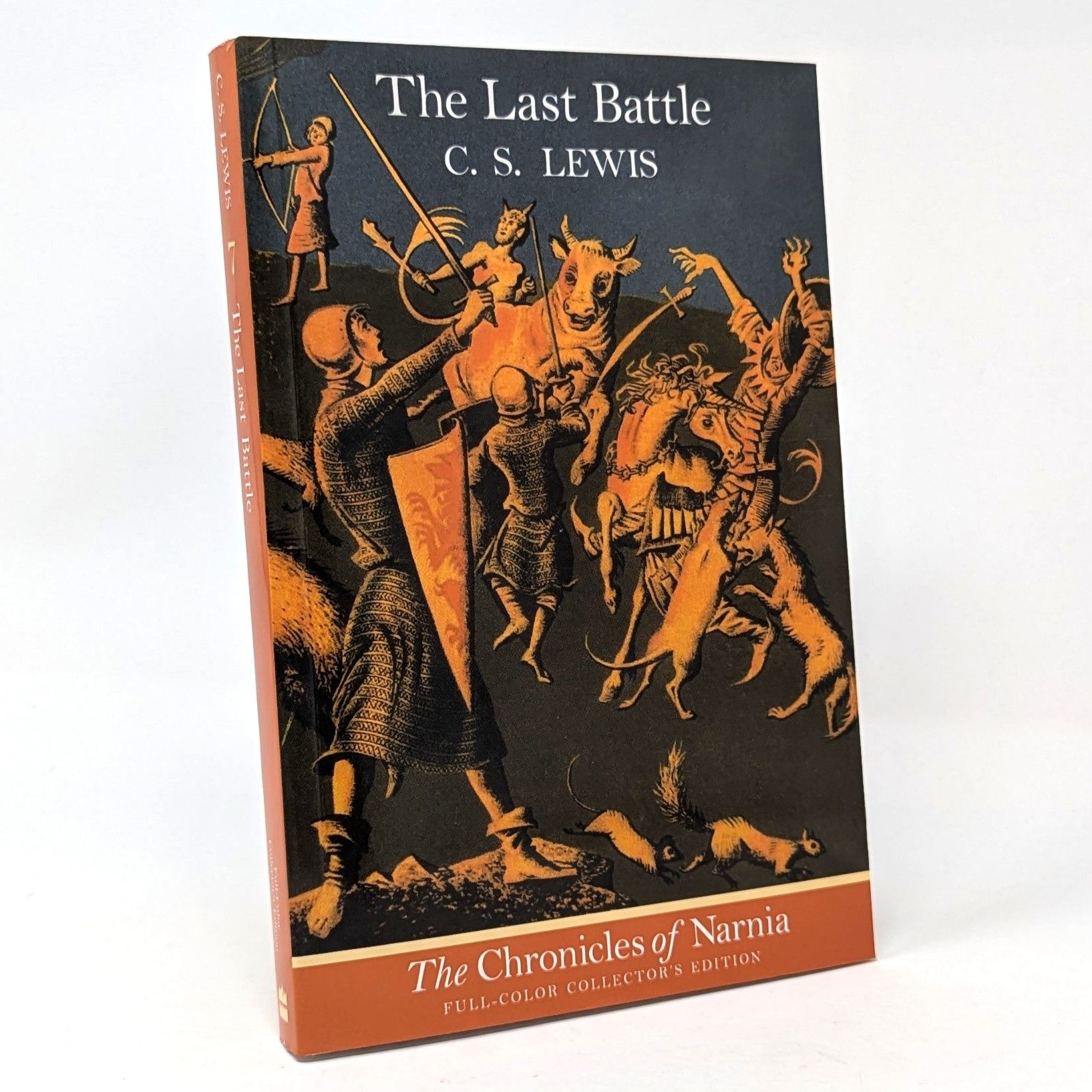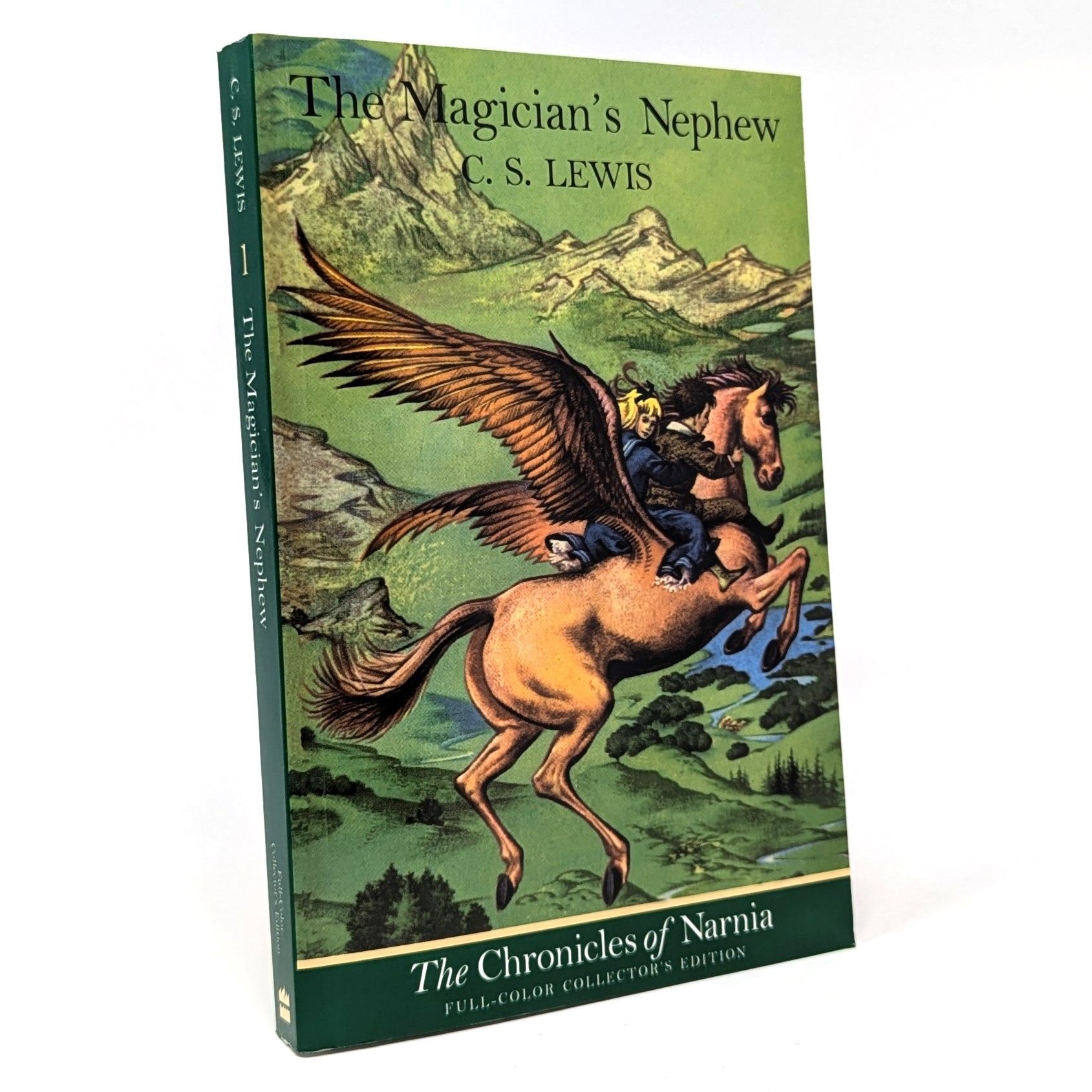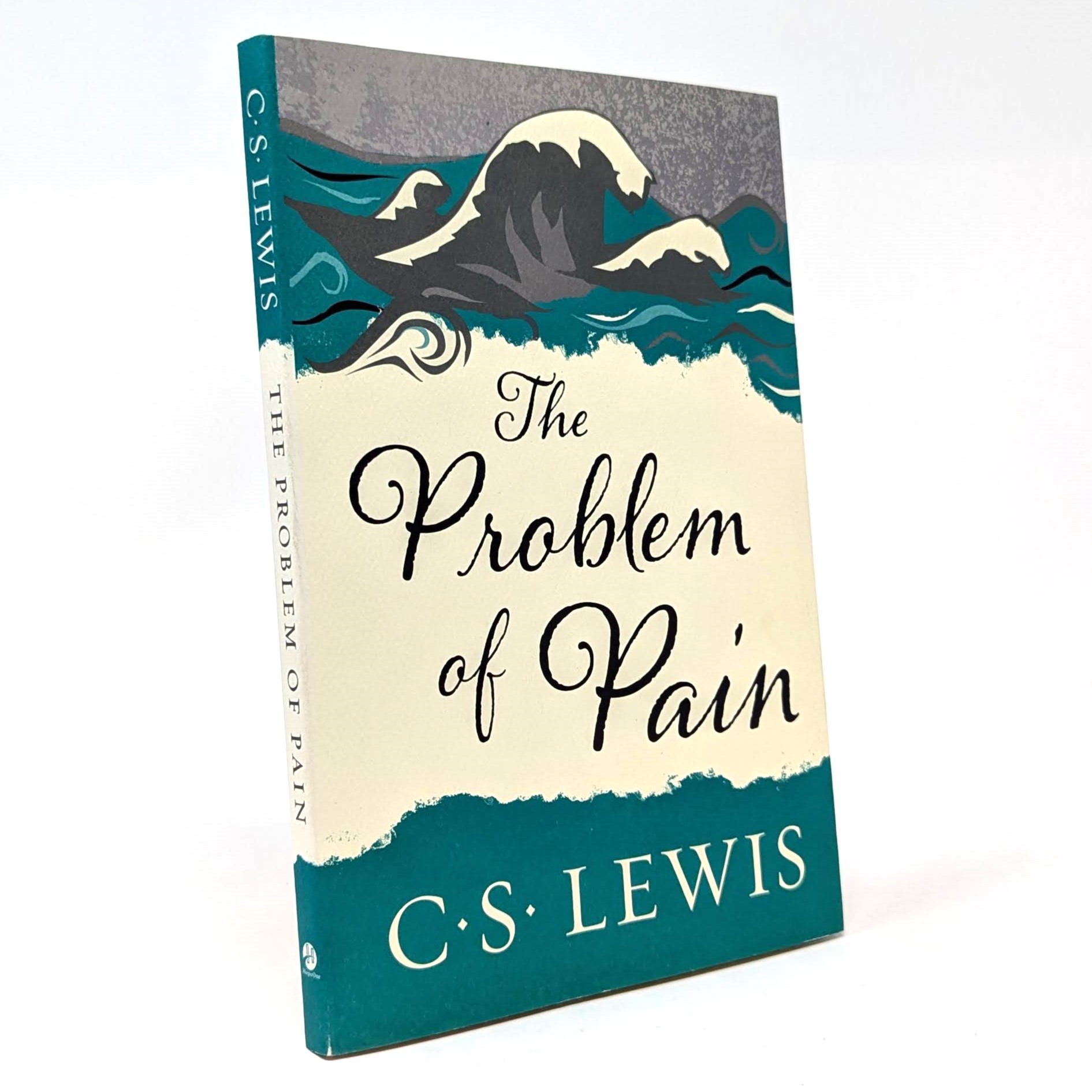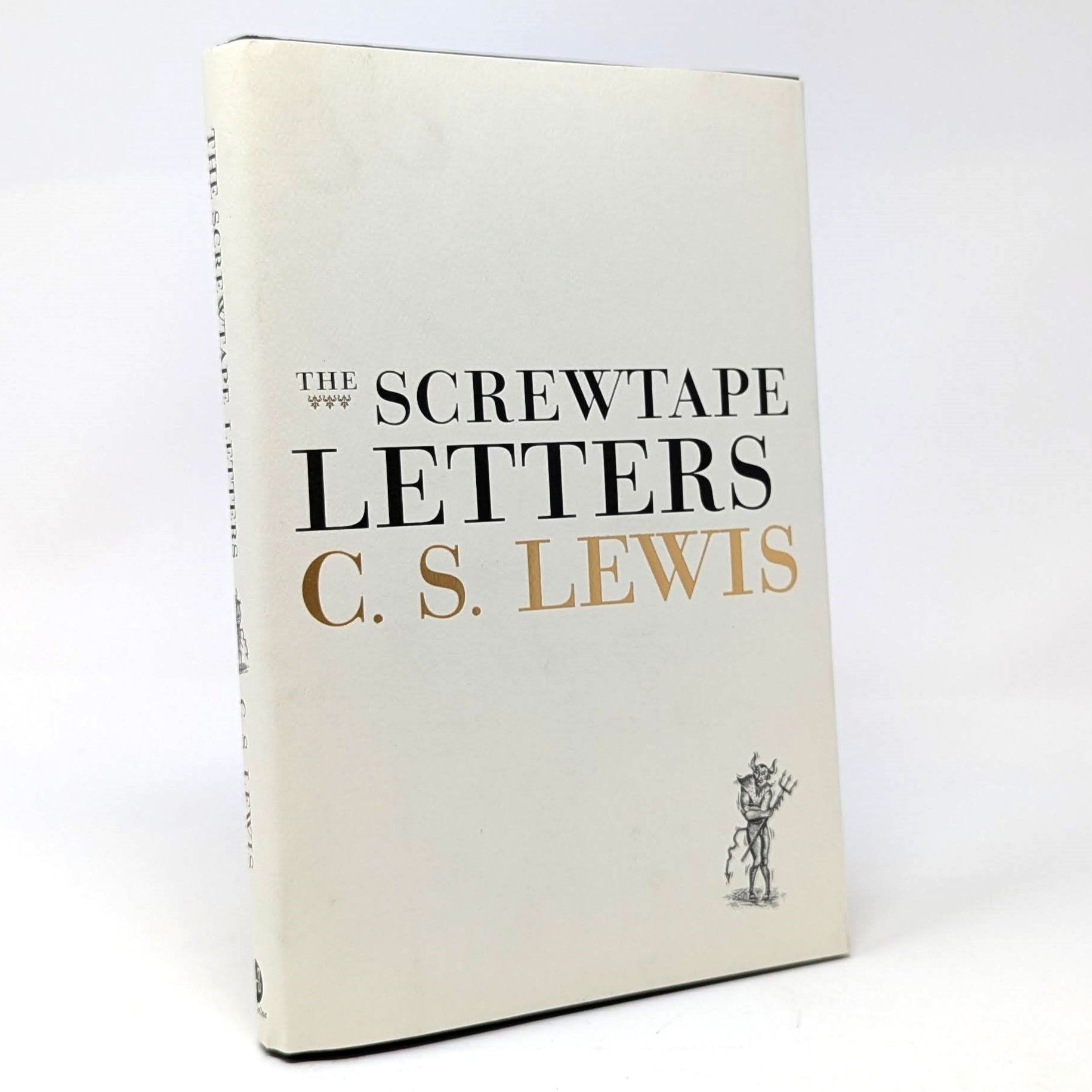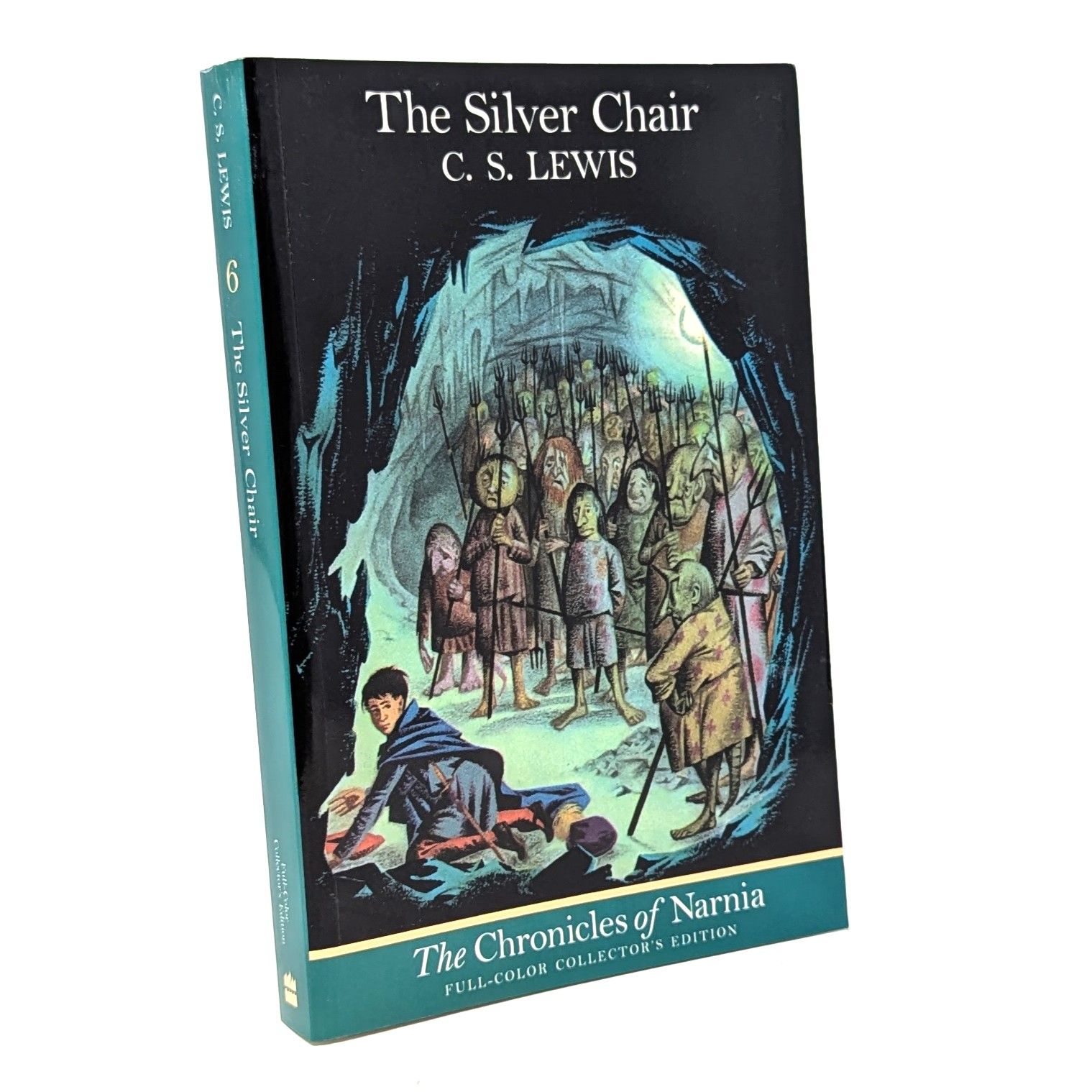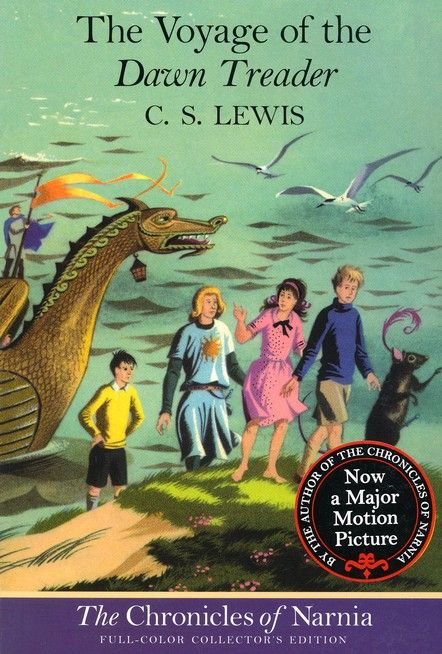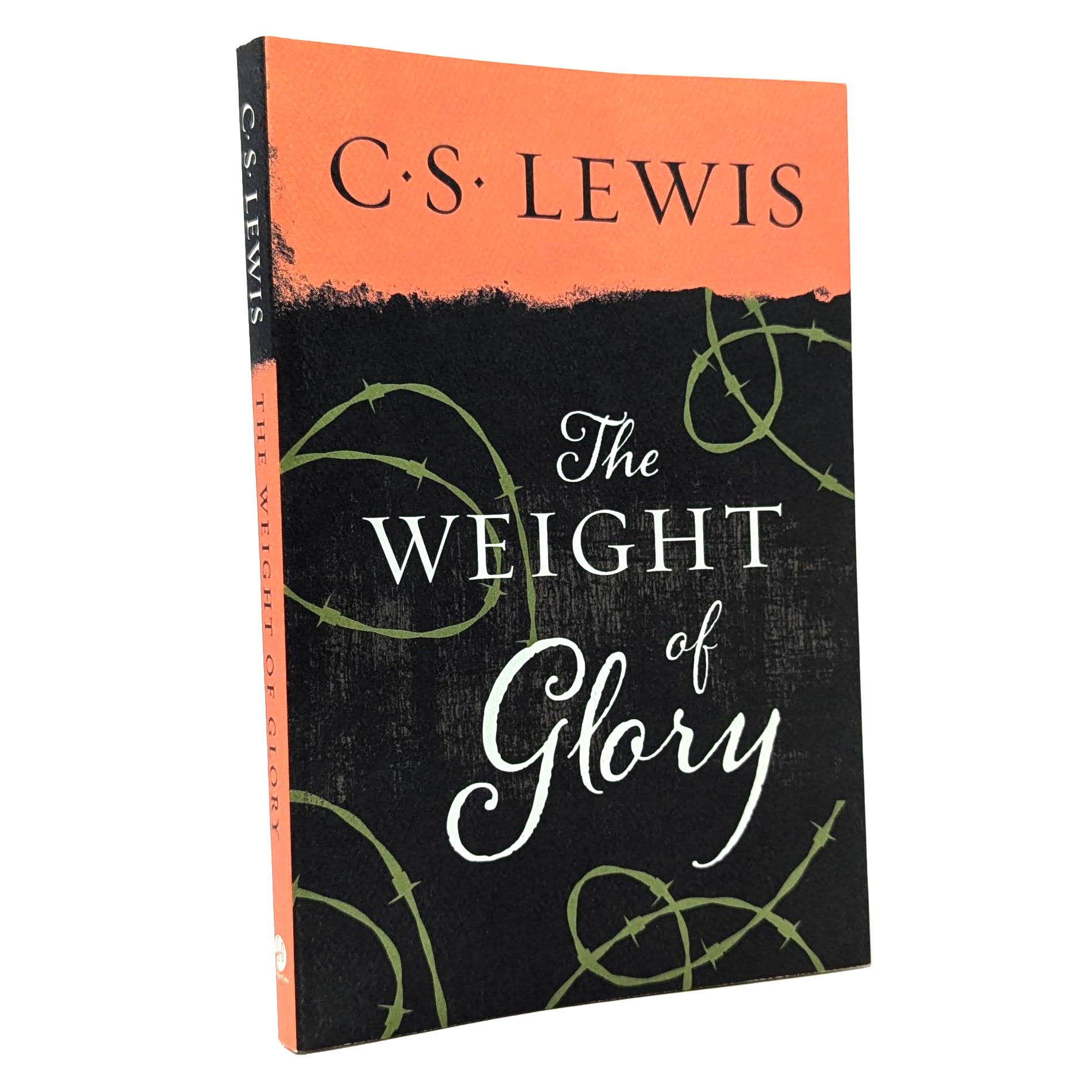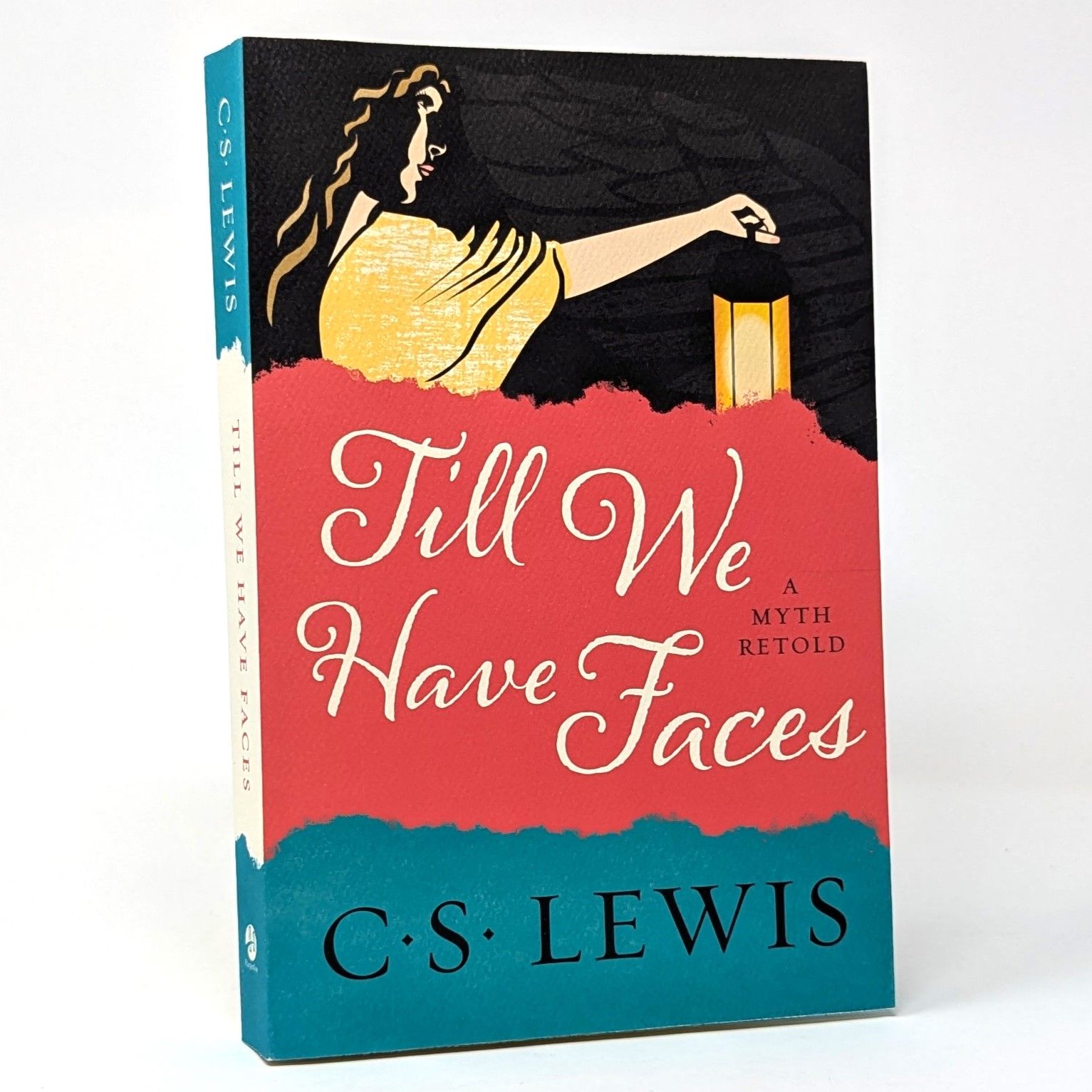Filters Sort results
Reset Apply
Title | Description | Category | ||
|---|---|---|---|---|
Lewis, C. S. | Why do we read literature and how do we judge it? C. S. Lewis's classic An Experiment in Criticism springs from the conviction that literature exists for the joy of the reader and that books should be judged by the kind of reading they invite. He argues that 'good reading'… | Literature ⋅ The Art of Reading | ||
Lewis, C.S. | God in the Dock contains forty-eight essays and twelve letters written by Lewis between 1940 and 1963. Ranging from popular newspaper pieces to learned defenses of the faith, these essays cover topics as varied as the logic of theism, good and evil, miracles, vivisection, the role of women in church… | Theology & Worldviews ⋅ Theology | ||
Lewis, C.S. | Lucy, then Edmund, and then Peter and Susan discover the Magic and meet Aslan, the Great Lion, for themselves. In the blink of an eye, their lives are changed forever. | Literature ⋅ Classics | ||
Lewis, C.S. | One of the most popular introductions to Christian faith ever written, Mere Christianity has sold millions of copies worldwide. The legendary broadcast talks of the war years, talks in which he set out simply to "explain and defend the belief that has been common to nearly all Christians at all… | Christian Living | ||
Lewis, C.S. | One of the most popular introductions to Christian faith ever written, Mere Christianity has sold millions of copies worldwide. The legendary broadcast talks of the war years, talks in which he set out simply to "explain and defend the belief that has been common to nearly all Christians at all… | Theology & Worldviews ⋅ Theology | ||
Lewis, C.S. | Lewis trains his impeccable logic on the question of miracles, setting up a philosophical framework for the proposition that supernatural events can happen in this world. Focusing on the possibility of miracles in general, Lewis builds a solid and compelling argument for the acceptance of divine intervention. | Theology & Worldviews ⋅ Apologetics | ||
Lewis, C. S. | The first book in C. S. Lewis's acclaimed Space Trilogy, which continues with Perelandra and That Hideous Strength, Out of the Silent Planet begins the adventures of the remarkable Dr. Ransom. Here, that estimable man is abducted by aliens and taken via spaceship to the red planet of Malacandra. Once… | Classics | ||
Lewis, C.S. | The second book in C. S. Lewis's acclaimed Space Trilogy, which includes Out of the Silent Planet and That Hideous Strength. Pitted against that greatest of human weaknesses, temptation, Dr. Ransom must battle evil on a new world -- Perelandra -- when it is invaded by the Devil's agent. Will… | Literature ⋅ Classics | ||
Lewis, C.S. | The story of how Caspian, the rightful heir to the throne of Narnia, escaped death and defeated his wicked uncle Miraz. | Literature ⋅ Classics | ||
Lewis, C.S. | "A young man who wishes to remain a sound Atheist cannot be too careful of his reading. There are traps everywhere . . . God is, if I may say it, very unscrupulous." This book is not an autobiography. It is not a confession. It is, however, certainly one of… | Biography & History | ||
Lewis, C. S. | The final book in C.S. Lewis's acclaimed Space Trilogy, which includes Out of the Silent Planet and Perelandra, That Hideous Strength concludes the adventures of the matchless Dr. Ransom. Finding himself in a world of superior alien beings and scientific experiments run amok, Dr. Ransom struggles with questions of ethics… | Classics | ||
Lewis, C.S. | "The Abolition of Man" remains one of Lewis's most prophetic works as social relativism has been uncritically adopted by modern thought--in religion, education, and government--opening the door to the post-modern claim that people are free to create their own reality through a sheer act of the will. | Theology & Worldviews ⋅ Doctrine of Humanity | ||
Lewis, C.S. | A box set of all 7 books in the Chronicles of Narnia series: The Magician's Nephew, The Lion the Witch and the Wardrobe, The Horse and His Boy, Prince Caspian, The Voyage of the Dawn Treader, The Silver Chair, and The Last Battle. | Literature ⋅ Classics | ||
Lewis, C.S. | Here Lewis describes the four basic kinds of human love--affection, friendship, erotic love and the love of God. There are risks that accompany the rewards of love, the author cautions, but he recommends taking them, since hell is the only place outside heaven where we can be safe from the… | Theology & Worldviews ⋅ Topical Studies | ||
Lewis, C.S. | The narrator boards a bus on a drizzly English afternoon and embarks on an incredible voyage through Heaven and Hell. He meets a host of supernatural beings far removed from his expectations, and comes to some significant conclusions about good and evil. | Theology & Worldviews ⋅ Worldviews | ||
Lewis, C.S. | The narrator boards a bus on a drizzly English afternoon and embarks on an incredible voyage through Heaven and Hell. He meets a host of supernatural beings far removed from his expectations, and comes to some significant conclusions about good and evil. | Christian Living | ||
Lewis, C.S. | Book three of the Chronicles of Narnia. The story of a Narnian horse in Calormen and his escape with a young boy. | Literature ⋅ Classics | ||
Lewis, C.S. | The story of the last great battle of Narnia. | Literature ⋅ Classics | ||
Lewis, C.S. | The origin story of the great land of Narnia. | Literature ⋅ Classics | ||
Lewis, C.S. | Why must humanity suffer? In this elegant and thoughtful work, C. S. Lewis questions the pain and suffering that occur everyday and how this contrasts with the notion of a God that is both omnipotent and good. An answer to this critical theological problem is found within these pages. | Christian Living ⋅ Pain & Grief | ||
Lewis, C.S. | One of C.S. Lewis's most imaginative creations, this world-famous book is a humorous correspondence between the devil Screwtape and his apprentice Wormwood, whose job is to produce a human's soul for eternity in hell. Filled with astute insights into temptation, repentance, and grace, this wonderful tale intelligently explores what it… | Christian Living | ||
Lewis, C.S. | One of C.S. Lewis's most imaginative creations, this world-famous book is a humorous correspondence between the devil Screwtape and his apprentice Wormwood, whose job is to produce a human's soul for eternity in hell. Filled with astute insights into temptation, repentance, and grace, this wonderful tale intelligently explores what it… | Christian Living | ||
Lewis, C.S. | The story of Eustace and Jill and the search for Prince Rilian. | Literature ⋅ Classics | ||
Lewis, C.S. | The story of Prince Caspian's voyage in search of the lords his uncle Miraz had sent off to sea. | Literature ⋅ Classics | ||
Lewis, C.S. | Selected from sermons delivered by C. S. Lewis during World War II, these nine addresses show the beloved author and theologian bringing hope and courage in a time of great doubt. 'The Weight of Glory,' considered by many to be Lewis's finest sermon of all, is an incomparable explication of… | Theology & Worldviews ⋅ Worldviews | ||
Lewis, C.S. | In this timeless tale of two mortal princesses--one beautiful and one unattractive--C.S. Lewis reworks the classical myth of Cupid and Psyche into an enduring piece of contemporary fiction. This is the story of Orual, Psyche's embittered and ugly older sister, who possessively and harmfully loves Psyche. Much to Orual's frustration… | Literature ⋅ Classics |


